On August 20, at the conference to deploy directions and tasks for the 2025-2026 school year, Ms. Lam Hong Lam Thuy, Head of the General Education Department (Department of Education and Training of Ho Chi Minh City), said that in the new school year, Ho Chi Minh City will promote the application of information technology, deeply integrate artificial intelligence (AI) and virtual reality technology (VR/AR) into the process of teaching and learning English on an online platform.
This aims to build a personalized learning environment, gradually making English the second language in schools.
This is one of the solutions to implement Conclusion 91-KL/TW dated August 12, 2024 of the Politburo and Decision 1600/QD-TTg dated December 19, 2024 of the Prime Minister.
Specifically, schools will establish a comprehensive English learning environment, encouraging students to use English as an effective communication and learning tool.
Ho Chi Minh City will focus on training, fostering and standardizing English proficiency for teachers with the participation of domestic and foreign experts; at the same time, build preferential and support policies to attract good teachers and native teachers to work at schools, especially in disadvantaged areas.
Regarding facilities, the city will invest in building and upgrading functional classrooms, equipping audio-visual equipment, computers, and Internet connections for schools, prioritizing newly merged areas and areas with many limitations.
In addition, the Department of Education and Training of Ho Chi Minh City encourages and creates favorable conditions for the socialization of education, mobilizing resources from businesses, organizations and individuals to invest in facilities and learning materials.
In particular, the city will focus on developing a digital learning materials bank and interactive learning applications to help students self-study and practice anytime, anywhere; at the same time, build a document bank and sample activities for teachers of other subjects, supporting the integration of English into lectures flexibly and effectively.
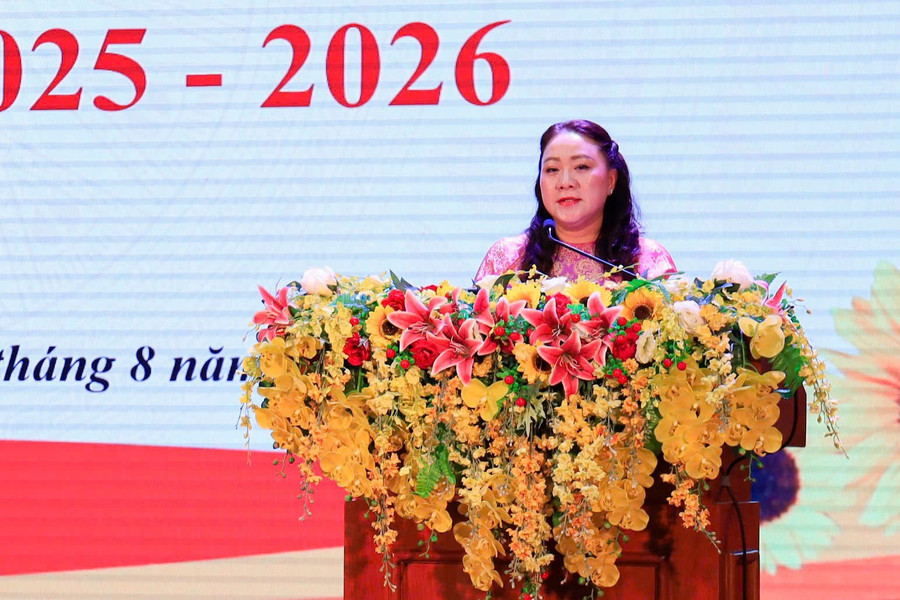
Recently, the Department of Education and Training of Ho Chi Minh City has assessed and approved the bilingual English-Vietnamese STEM program to be implemented in primary, secondary and high schools in the 2025-2026 school year.
The program, developed by EMG Education, aims to equip students with 21st century skills, while contributing to the formation of the global innovation index - an important measure reflecting the creative capacity of each country.
With 36 modules spanning from grade 1 to grade 12, each school year includes 3 modules, the program helps students approach problems scientifically , practice designing solutions to handle situations, and at the same time practice presentation skills and explain results convincingly.
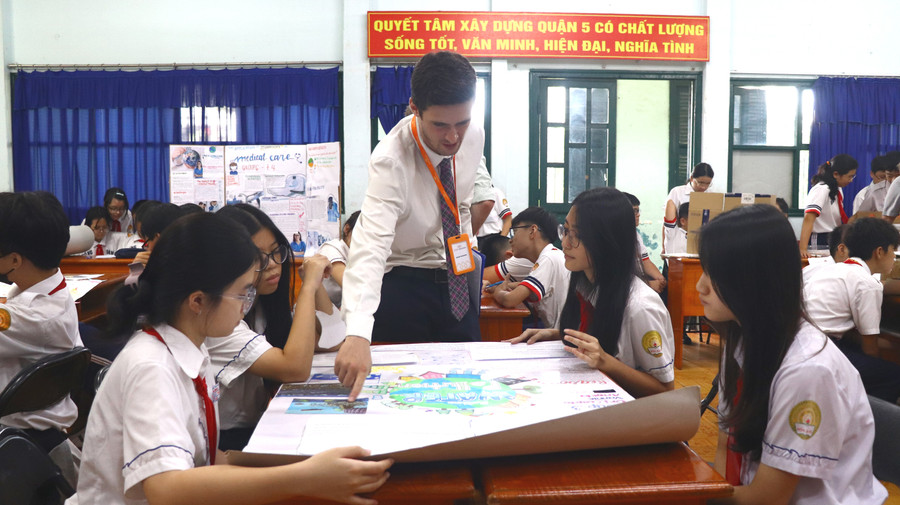
Digital documents and learning materials will be deployed on a dedicated platform, accompanied by detailed electronic lesson plans to support teachers in organizing classroom activities. The content of the learning materials focuses on innovation and creativity, meeting the criteria for improving the Global Innovation Index (GII). Teachers who directly teach will be professionally trained in pedagogical methods and technical skills by EMG's team of experts. Each grade is designed with 3 modules, with a corresponding duration of 10 weeks/module.
The bilingual English-Vietnamese curriculum helps students learn STEM while developing English skills oriented towards math, science and technology, gradually moving towards the goal of making English the second language in schools according to Conclusion 91.
According to the Department of Education and Training of Ho Chi Minh City, the outstanding advantage of the STEM program - Enhancing creative breakthroughs is that it is built from practice, originating from community issues such as air pollution, clean water, renewable energy, public health, etc. All learning materials are compiled in both English and Vietnamese, helping students develop STEM thinking and language skills at the same time.
The highlight is also the assessment method: in each module, students are regularly assessed based on a systematic STEM competency framework, ensuring comprehensive assessment of STEM skills, innovative thinking index and core qualities of learners. The program aims at comprehensive development, training scientific and technical thinking, improving communication skills, teamwork, presentation, and at the same time nurturing the qualities of a Vietnamese citizen such as patriotism, responsibility and diligence.
STEM education has been promoted by Ho Chi Minh City for many years now. From the 2024-2025 school year, STEM education has been implemented in many forms: STEM lessons, STEM scientific research and STEM in the form of clubs.
This aims to innovate teaching methods, help students develop their thinking, skills and ability to apply them in practice, and at the same time meet the 2018 General Education Program.
Source: https://giaoducthoidai.vn/nam-hoc-moi-tphcm-trien-khai-giang-day-chuong-trinh-stem-song-ngu-post744900.html



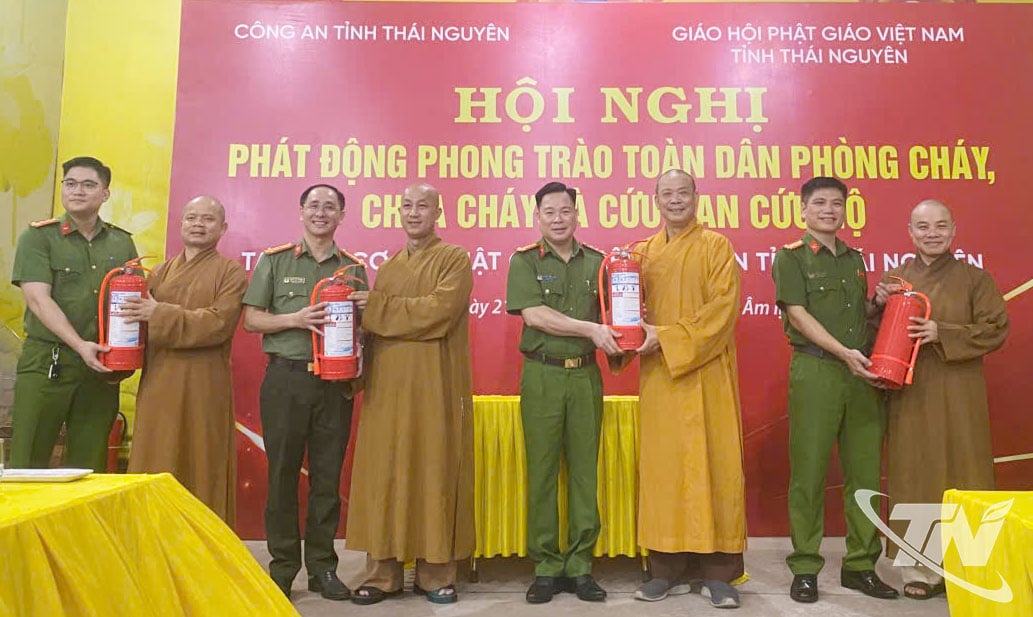
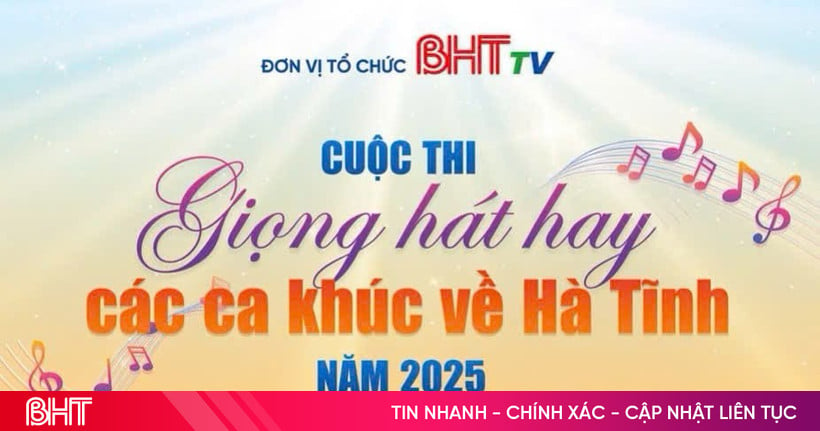
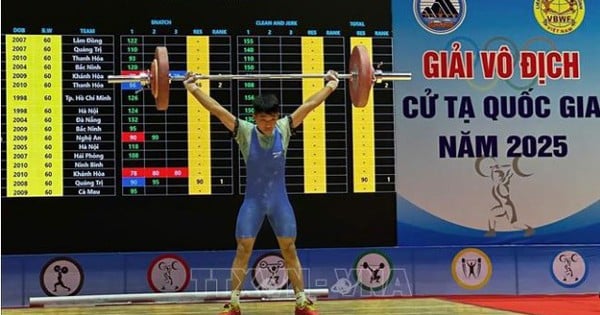



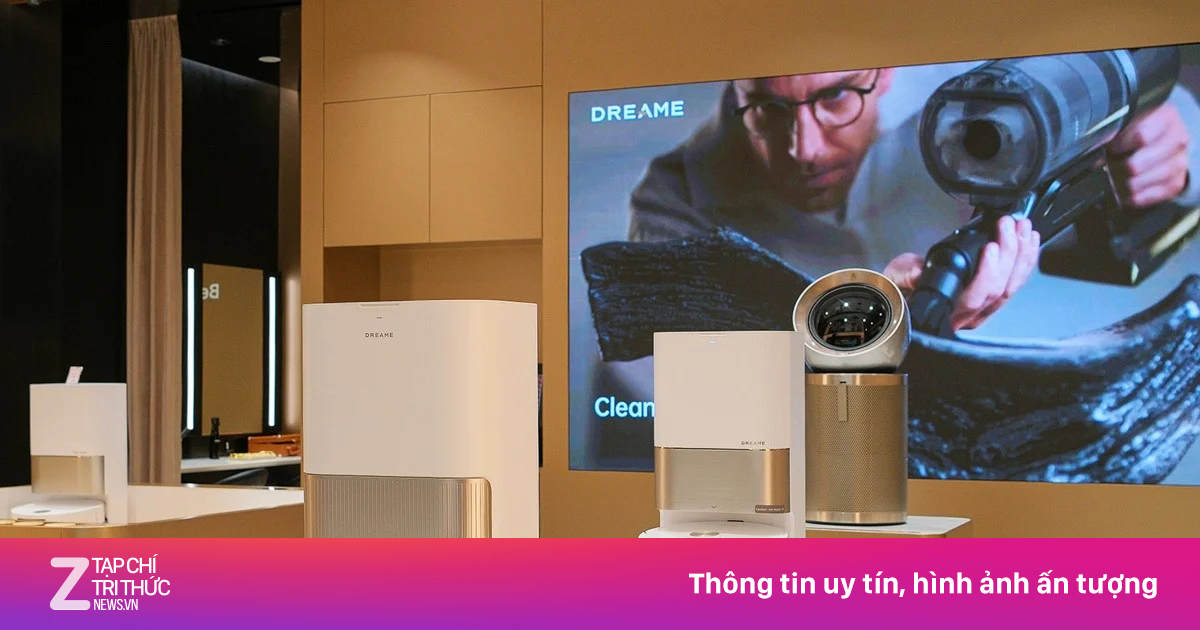
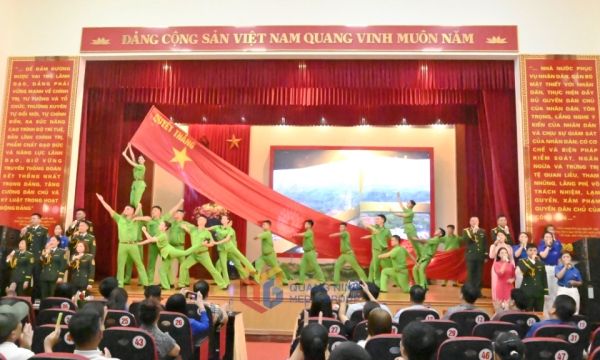















![[Photo] Prime Minister Pham Minh Chinh receives Australian Foreign Minister Penny Wong](https://vstatic.vietnam.vn/vietnam/resource/IMAGE/2025/8/20/f5d413a946444bd2be288d6b700afc33)



![[Photo] An Phu intersection project connecting Ho Chi Minh City-Long Thanh-Dau Giay expressway behind schedule](https://vstatic.vietnam.vn/vietnam/resource/IMAGE/2025/8/21/1ad80e9dd8944150bb72e6c49ecc7e08)
![[Photo] Politburo works with Standing Committees of Lang Son and Bac Ninh Provincial Party Committees](https://vstatic.vietnam.vn/vietnam/resource/IMAGE/2025/8/20/0666629afb39421d8e1bd8922a0537e6)










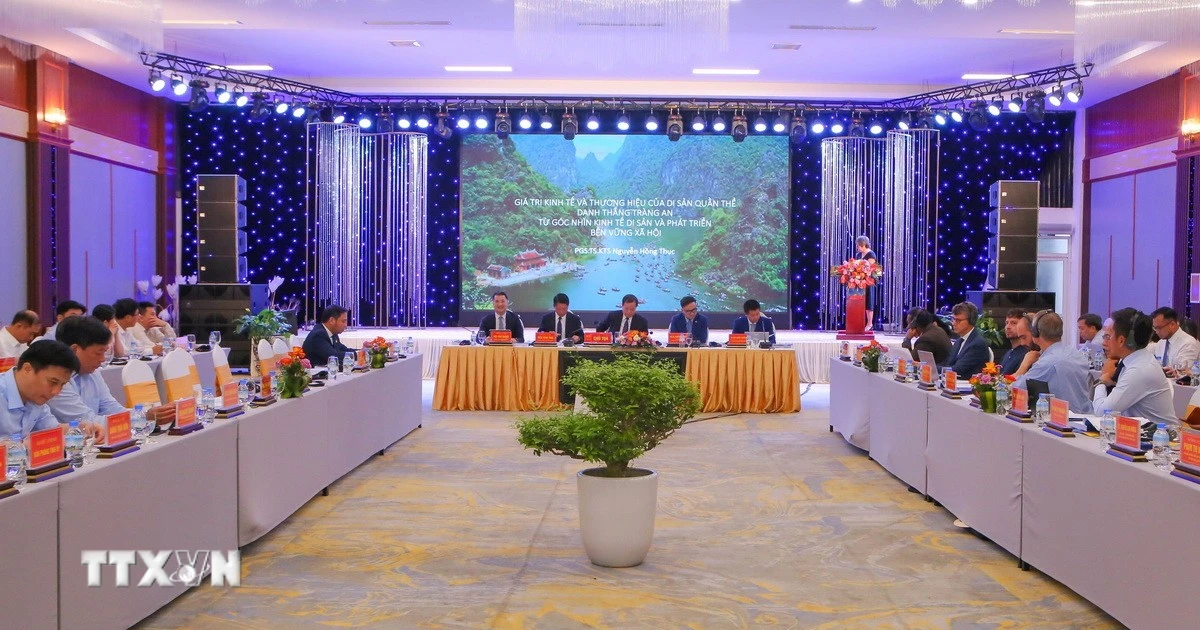











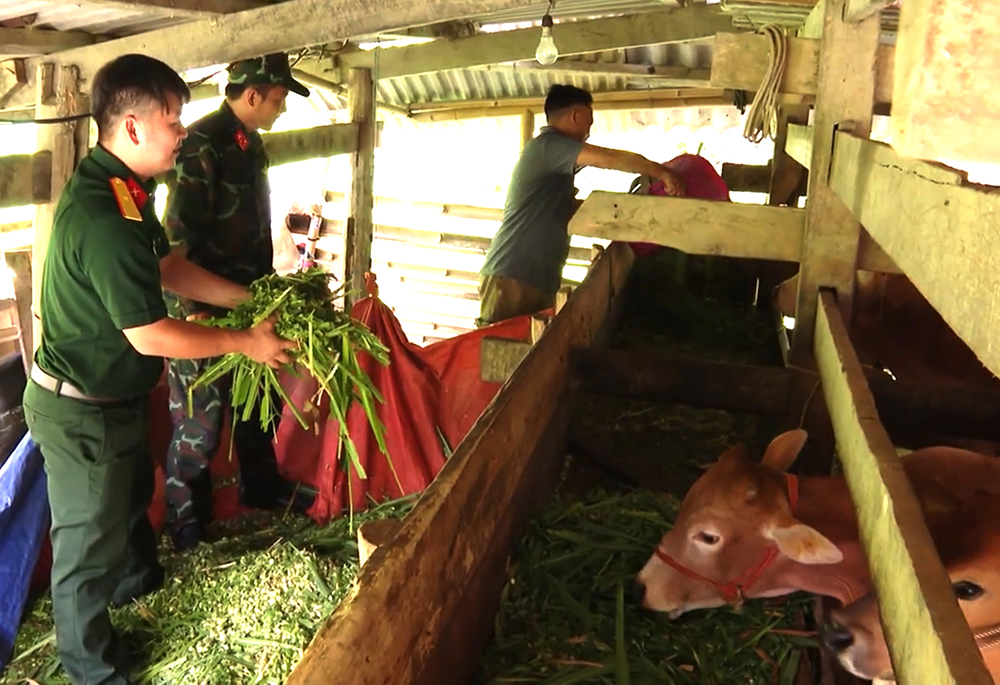










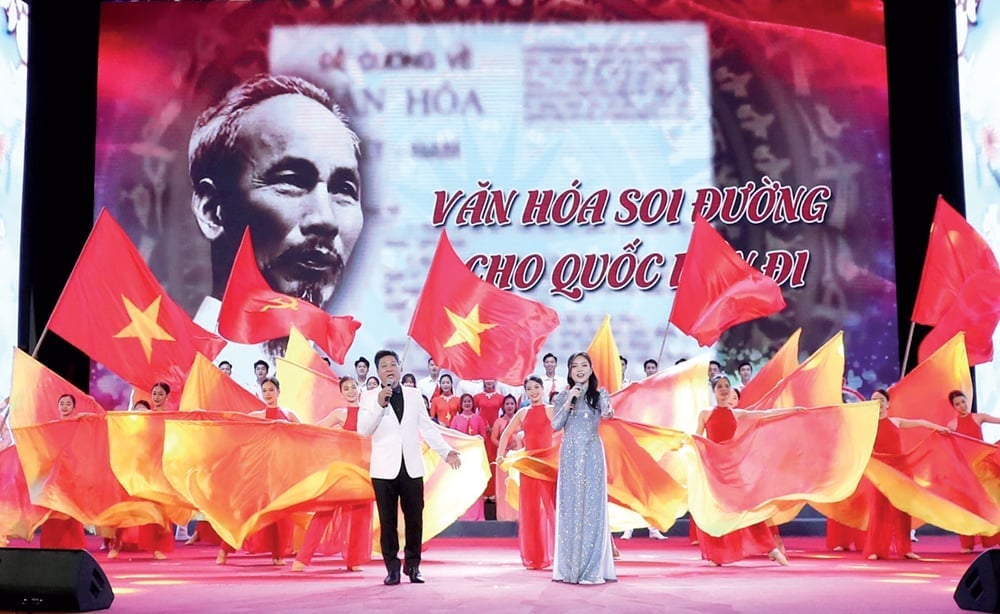

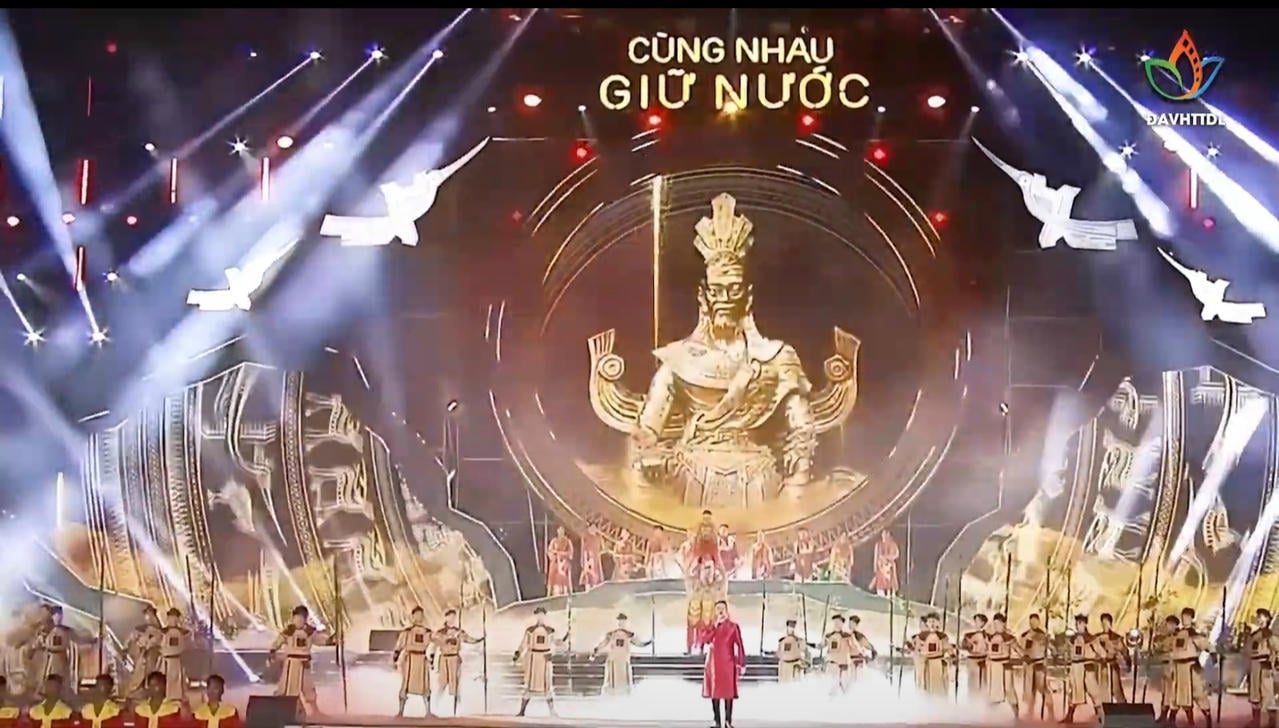




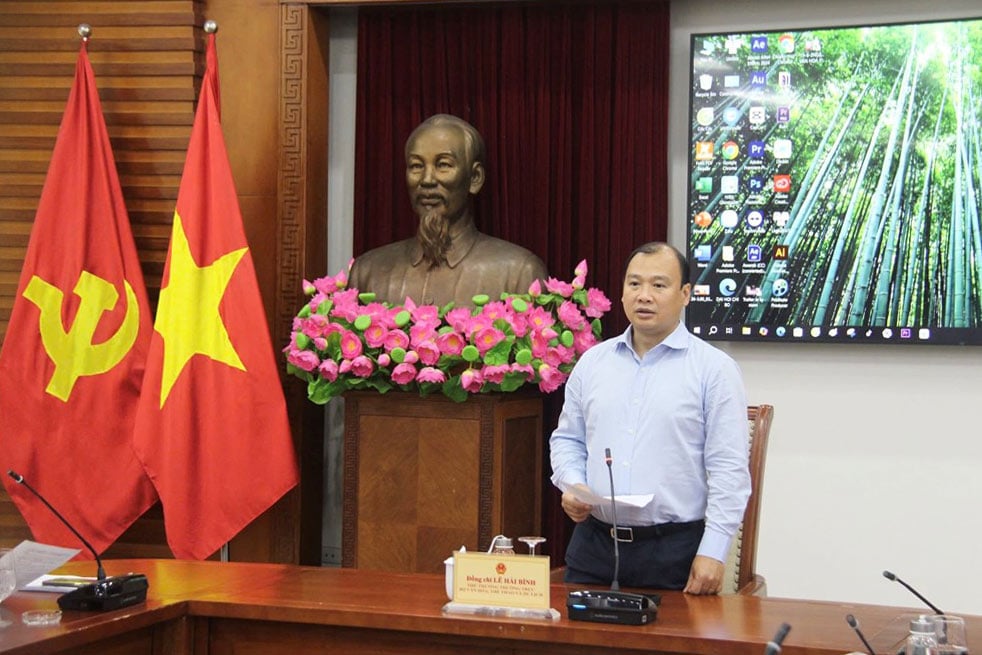






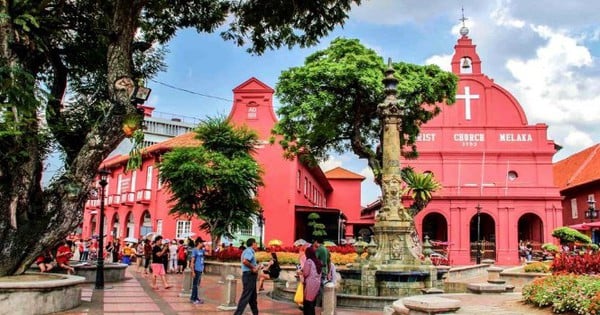























Comment (0)